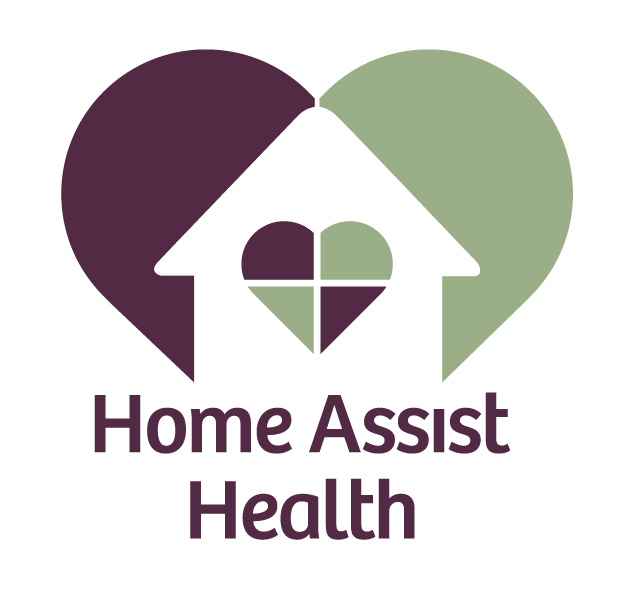 Older adult suicide is often triggered by elders’ loss of control over health conditions or financial circumstances that results in feelings of hopelessness. By the time older adults enter their seventh decade of life, their thoughts inevitably turn to life assessments. What achievements or accomplishments have marked life’s journey to this point? What opportunities does life present over the upcoming decades? Has life fulfilled expectations? Are there goals still to be attained?
Older adult suicide is often triggered by elders’ loss of control over health conditions or financial circumstances that results in feelings of hopelessness. By the time older adults enter their seventh decade of life, their thoughts inevitably turn to life assessments. What achievements or accomplishments have marked life’s journey to this point? What opportunities does life present over the upcoming decades? Has life fulfilled expectations? Are there goals still to be attained?
Who and Why?
Older men are at higher risk of committing suicide than older women. White males aged 85 and older are at the highest risk among all older adults. Challenges placed on aging individuals can result in depression, which can easily evolve into clinical depression. An older person who is diagnosed with a complex illness such as cancer, Parkinson’s, diabetes, dementia, etc. can trigger depression, for example.
Likewise, losses that include the death of loved ones, pets, and even the potential loss of self can become extremely difficult to manage for elders. Fears surrounding the ability to maintain an independent living status can arouse enormous anxiety, especially when the older person values autonomy above all else.
What are the Warning Signs?
- Loss of interest in things or activities that are usually found enjoyable
- Cutting back social interaction, self-care, and grooming
- Breaking medical regimens (such as going off diets, prescriptions)
- Experiencing or expecting a significant personal loss (spouse or other)
- Feeling hopeless and/or worthless
- Putting affairs in order, giving things away, or making changes in wills
- Stock-piling medication or obtaining other lethal means
- Other clues are a preoccupation with death or a lack of concern about personal safety. Remarks such as “This is the last time that you’ll see me,” or “I won’t be needing anymore appointments” should raise concern.
- The most significant indicator is an expression of suicidal intent.
We can all help prevent suicide. The National Suicide Prevention Lifeline provides 24/7, free and confidential support for people in distress, prevention and crisis resources, and best practices for professionals. Please share 1-800-273-TALK (8255) with anyone wishing to connect to the Lifeline.
